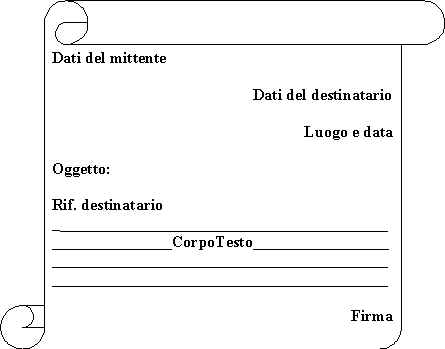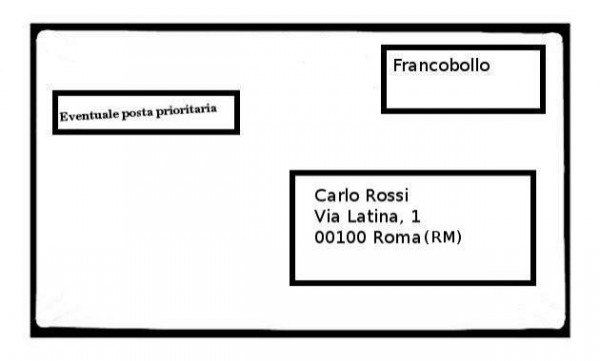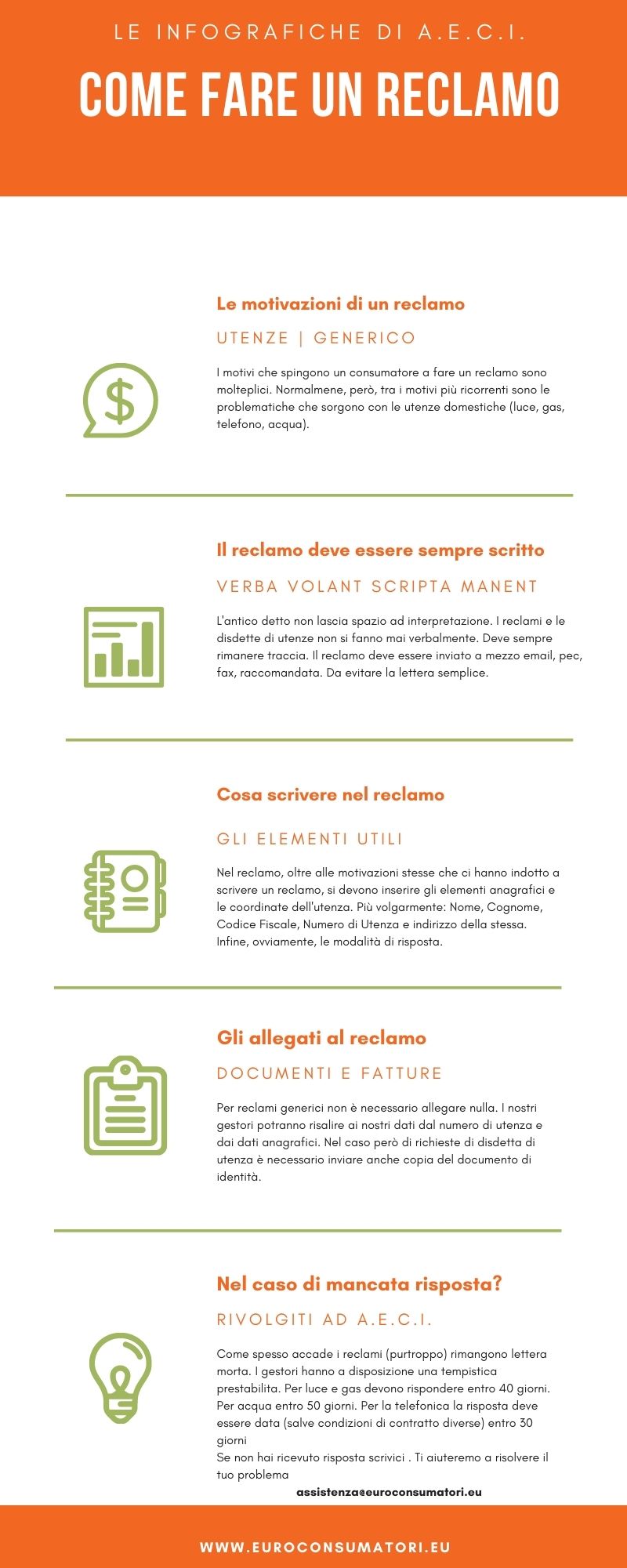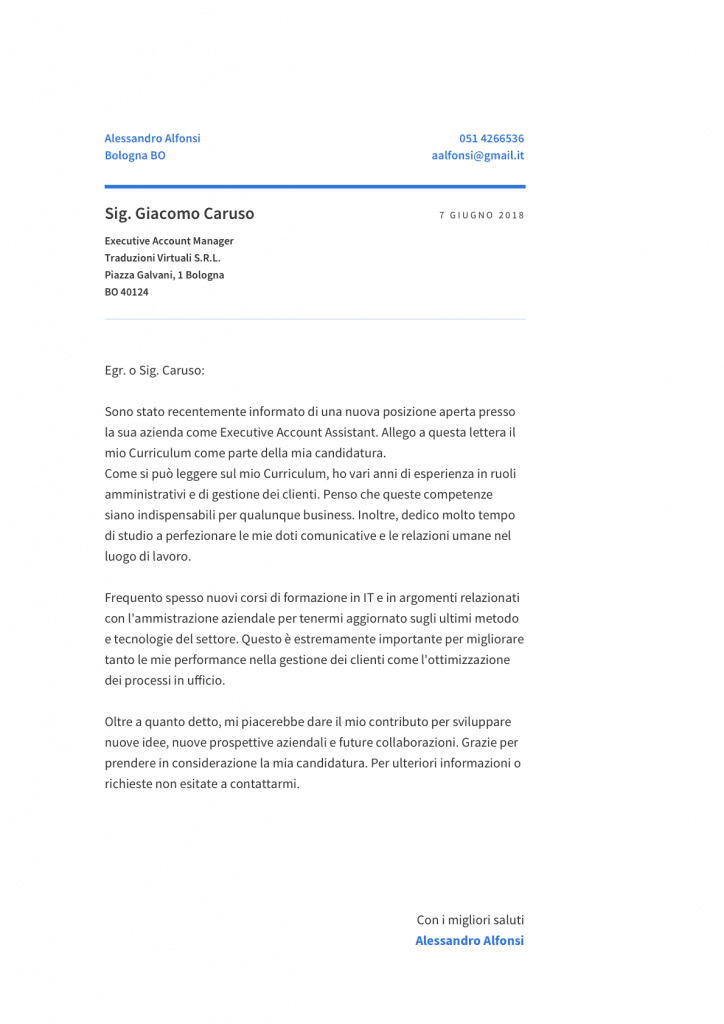38 come si manda una lettera
Come - Idioms by The Free Dictionary Webcome 1. verb, vulgar slang To orgasm. The alternate spelling "cum" is often used. I don't think I'll sleep with him again—I didn't come the last time. 2. noun, vulgar slang Semen. Will a black light pick up bodily fluids like come? Farlex Dictionary of Idioms. © 2022 Farlex, Inc, all rights reserved. come and cum 1. in. to experience an orgasm. dictionary.cambridge.org › us › dictionaryCOME | definition in the Cambridge English Dictionary come verb (MOVE TO SPEAKER) A1 [ I ] to move or travel toward the speaker or with the speaker: Are you coming with me? There's a car coming! Can you come to my party? Here comes Adam. She's come 500 km (= has traveled 500 km) to be here with us tonight. If you're ever in Dublin, come and visit us. We came by car.
COME | English meaning - Cambridge Dictionary Webcome verb (MOVE TO SPEAKER) A1 [ I ] to move or travel towards the speaker or with the speaker: Are you coming with me? There's a car coming! Can you come to my party? …

Come si manda una lettera
grammarhow.com › came-or-comeCame or Come: Which Is Correct? (Helpful Examples) - Grammarhow “Came” is correct when using the simple past tense, meaning someone or something came at a certain time in the past and is over now. “Come” is correct when using the past, present, or future perfect tenses, meaning something started “coming” before and may continue in the present. You might not quite understand what we mean yet. Come Definition & Meaning - Merriam-Webster Webcome 1 of 2 verb ˈkəm came ˈkām ; come; coming ˈkə-miŋ intransitive verb 1 a : to move toward something : approach Come here. b : to move or journey to a vicinity with a specified purpose Come see us. Come and see what's going on. c (1) : to reach a particular station in a series Now we come to the section on health. (2) : to arrive in due course come | Etymology, origin and meaning of come by etymonline WebMar 13, 2022 · come. (v.) elementary intransitive verb of motion, Old English cuman "to move with the purpose of reaching, or so as to reach, some point; to arrive by movement or progression;" also "move into view, appear, become perceptible; come to oneself, recover; arrive; assemble" (class IV strong verb; past tense cuom, com, past participle cumen ), …
Come si manda una lettera. Come Definition & Meaning | Britannica Dictionary WebBritannica Dictionary definition of COME [no object] 1 : to move toward someone or something Please come here for a minute. I want to show you something. Don't come near me. She came quietly into the room. [+] more examples 2 : to go or travel to a place People come from all over the country to see him. › word › Comecome | Etymology, origin and meaning of come by etymonline Mar 13, 2022 · come. (v.) elementary intransitive verb of motion, Old English cuman "to move with the purpose of reaching, or so as to reach, some point; to arrive by movement or progression;" also "move into view, appear, become perceptible; come to oneself, recover; arrive; assemble" (class IV strong verb; past tense cuom, com, past participle cumen ), from Proto-Germanic *kwem- (source also of Old Saxon cuman, Old Frisian kuma, Middle Dutch comen, Dutch komen, Old High German queman, German kommen, Old ... › thesaurus › come145 Synonyms & Antonyms of COME - Merriam-Webster 1 as in to approach to move closer to come here and sit by the fire Synonyms & Similar Words Relevance approach enter near nigh advance drop in pop (in) Antonyms & Near Antonyms go withdraw leave retreat depart recede (from) exit 2 as in to arrive to get to a destination when do you think they'll come? Synonyms & Similar Words arrive appear get in 145 Synonyms & Antonyms of COME - Merriam-Webster Web1 as in to approach to move closer to come here and sit by the fire Synonyms & Similar Words Relevance approach enter near nigh advance drop in pop (in) Antonyms & Near Antonyms go withdraw leave retreat depart recede (from) exit 2 as in to arrive to get to a destination when do you think they'll come? Synonyms & Similar Words arrive appear get in
› comeCome - definition of come by The Free Dictionary come at 1. To obtain; get: come at an education through study. 2. To rush at; attack. come back 1. To return to or regain past success after a period of misfortune. 2. To retort; reply: came back with a sharp riposte. 3. To recur to the memory: It's all coming back to me now. come between To cause to be in conflict or estrangement. come by 1. Come Definition & Meaning | Dictionary.com Webverb (used without object), came, come, com·ing. to approach or move toward a particular person or place: Come here. Don't come any closer! to arrive by movement or in the … Come - definition of come by The Free Dictionary Webcome at 1. To obtain; get: come at an education through study. 2. To rush at; attack. come back 1. To return to or regain past success after a period of misfortune. 2. To retort; reply: came back with a sharp riposte. 3. To recur to the memory: It's all coming back to me now. come between To cause to be in conflict or estrangement. come by 1. idioms.thefreedictionary.com › comeCome - Idioms by The Free Dictionary come 1. verb, vulgar slang To orgasm. The alternate spelling "cum" is often used. I don't think I'll sleep with him again—I didn't come the last time. 2. noun, vulgar slang Semen. Will a black light pick up bodily fluids like come? Farlex Dictionary of Idioms. © 2022 Farlex, Inc, all rights reserved. come and cum 1. in. to experience an orgasm.
COME | definition in the Cambridge English Dictionary Webcome verb (MOVE TO SPEAKER) A1 [ I ] to move or travel toward the speaker or with the speaker: Are you coming with me? There's a car coming! Can you come to my party? … › dictionary › comeCome Definition & Meaning | Britannica Dictionary Britannica Dictionary definition of COME [no object] 1 : to move toward someone or something Please come here for a minute. I want to show you something. Don't come near me. She came quietly into the room. [+] more examples 2 : to go or travel to a place People come from all over the country to see him. Came or Come: Which Is Correct? (Helpful Examples) - Grammarhow Web“Came” is correct when using the simple past tense, meaning someone or something came at a certain time in the past and is over now. “Come” is correct when using the past, present, or future perfect tenses, meaning something started “coming” before and may continue in the present. You might not quite understand what we mean yet. come | Etymology, origin and meaning of come by etymonline WebMar 13, 2022 · come. (v.) elementary intransitive verb of motion, Old English cuman "to move with the purpose of reaching, or so as to reach, some point; to arrive by movement or progression;" also "move into view, appear, become perceptible; come to oneself, recover; arrive; assemble" (class IV strong verb; past tense cuom, com, past participle cumen ), …
Come Definition & Meaning - Merriam-Webster Webcome 1 of 2 verb ˈkəm came ˈkām ; come; coming ˈkə-miŋ intransitive verb 1 a : to move toward something : approach Come here. b : to move or journey to a vicinity with a specified purpose Come see us. Come and see what's going on. c (1) : to reach a particular station in a series Now we come to the section on health. (2) : to arrive in due course
grammarhow.com › came-or-comeCame or Come: Which Is Correct? (Helpful Examples) - Grammarhow “Came” is correct when using the simple past tense, meaning someone or something came at a certain time in the past and is over now. “Come” is correct when using the past, present, or future perfect tenses, meaning something started “coming” before and may continue in the present. You might not quite understand what we mean yet.



































0 Response to "38 come si manda una lettera"
Post a Comment